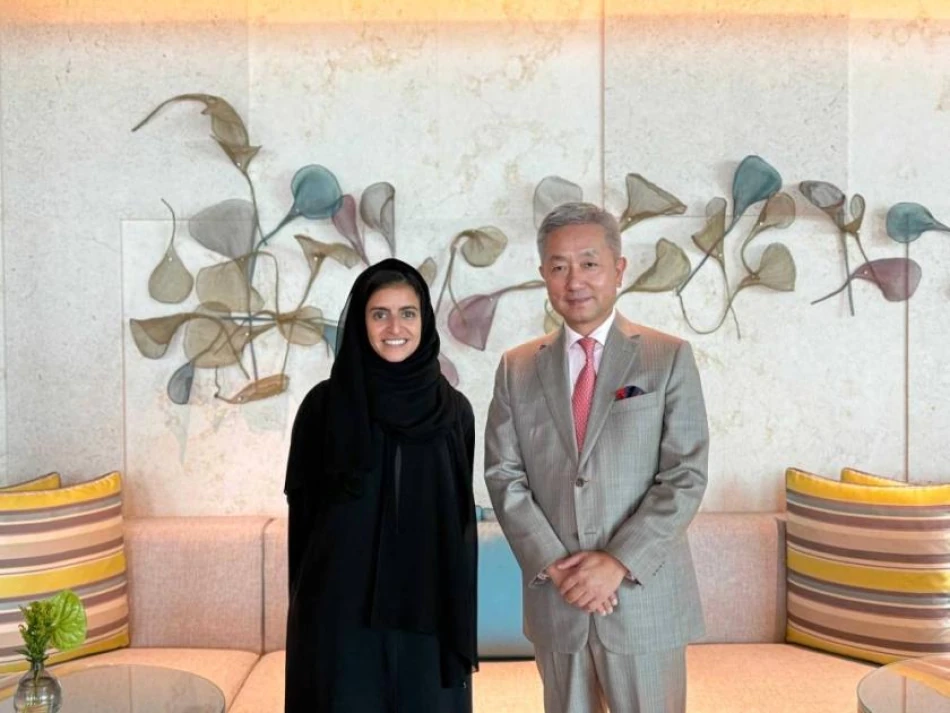
UAE and China Explore Boosting Tourism Cooperation Opportunities
UAE's Future UN Tourism Chief Courts China for Strategic Partnership Ahead of 2026 Leadership
Sheikha Nasser Al Nowais, the UAE's newly elected Secretary-General of the UN World Tourism Organization for 2026-2029, has begun diplomatic outreach to secure China as a key partner in her upcoming tenure. Her meeting with Chinese Ambassador Zhang Yiming in Abu Dhabi signals an early push to leverage China's massive tourism market and economic influence to reshape global tourism development priorities.
Strategic Positioning Before Taking Office
Al Nowais's proactive engagement with China demonstrates sophisticated diplomatic timing. Rather than waiting until she officially assumes her UN Tourism role in 2026, she is building crucial partnerships now. This approach reflects lessons learned from previous international organization leaders who struggled to implement their vision due to insufficient groundwork with major stakeholders.
The discussions focused on sustainable tourism initiatives, cultural exchange programs, and rural community development through tourism—areas where China's Belt and Road Initiative experience and massive domestic tourism infrastructure could provide valuable expertise.
China's Tourism Leverage in Global Markets
Al Nowais's emphasis on China's tourism strength reflects hard economic realities. Before the pandemic, Chinese tourists represented the world's largest outbound tourism market, spending over $277 billion annually. As China reopens its borders, destinations worldwide are competing intensely for Chinese visitors' return.
Her statement that "Chinese tourism strength represents a key driver in tourism and cultural exchange and growth of global tourism markets" acknowledges China's unique position as both a massive source market and an increasingly sophisticated destination.
Training and Workforce Development Focus
The proposed collaboration on global training programs and workforce readiness addresses a critical post-pandemic challenge. Tourism employment worldwide remains below pre-2019 levels, with many destinations struggling to rebuild skilled hospitality workforces.
China's experience in rapidly scaling tourism education—from hotel management to digital tourism platforms—could provide templates for other developing nations. This represents a shift from traditional Western-dominated tourism education models.
Implications for Global Tourism Governance
Al Nowais's early China outreach suggests her UN Tourism leadership will prioritize South-South cooperation and emerging market partnerships over traditional European and American tourism development models. This could reshape how international tourism organizations approach sustainability, technology adoption, and cultural preservation.
For tourism businesses and investors, this signals potential new funding mechanisms and partnership opportunities, particularly in sustainable tourism infrastructure and rural development projects where Chinese investment and UAE expertise could combine effectively.
The meeting also indicates that future UN Tourism initiatives may increasingly reflect Asian tourism consumption patterns and preferences, potentially influencing global hospitality standards and destination development strategies well beyond the Middle East and China.
Most Viewed News

 Omar Rahman
Omar Rahman






